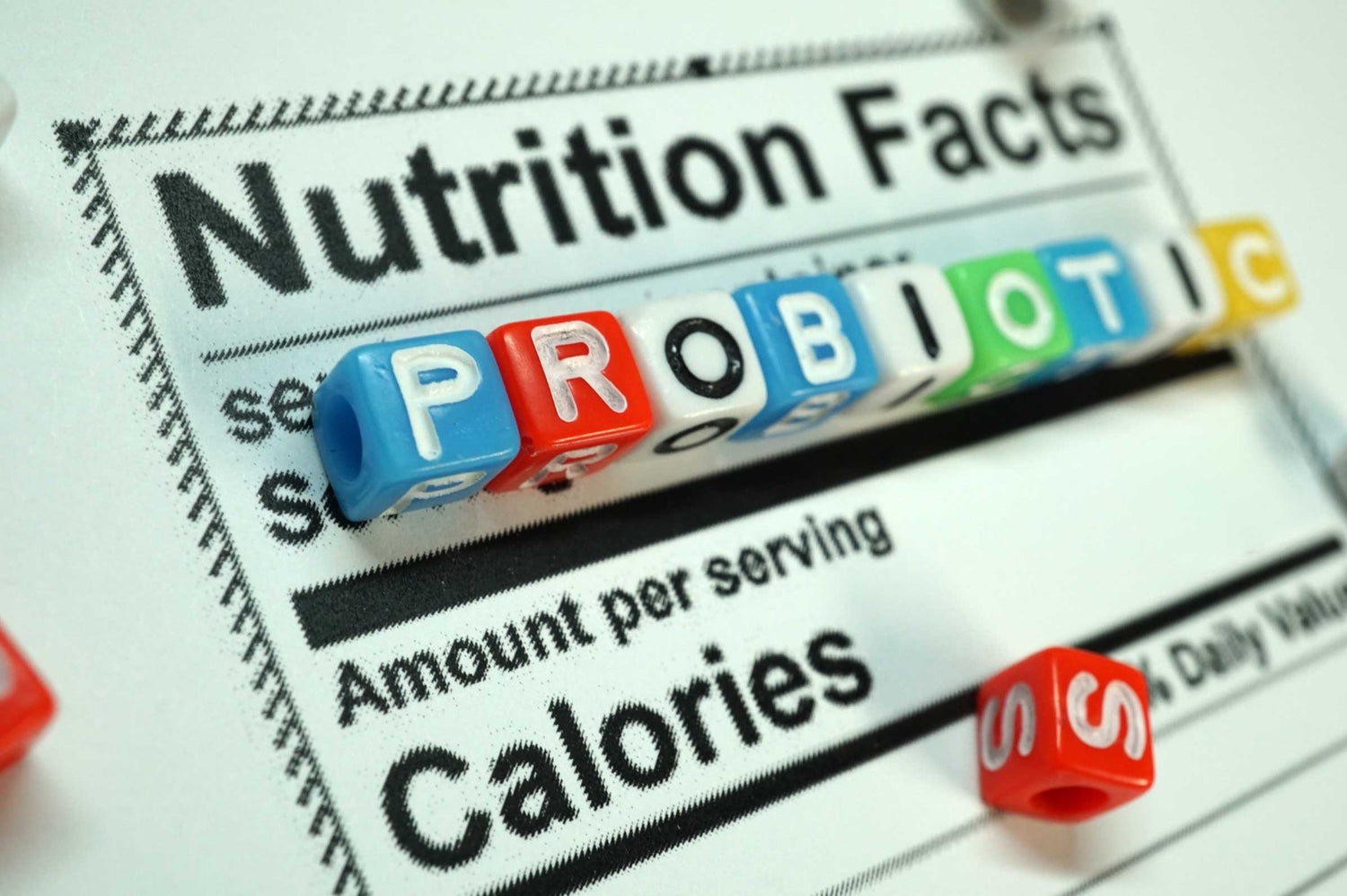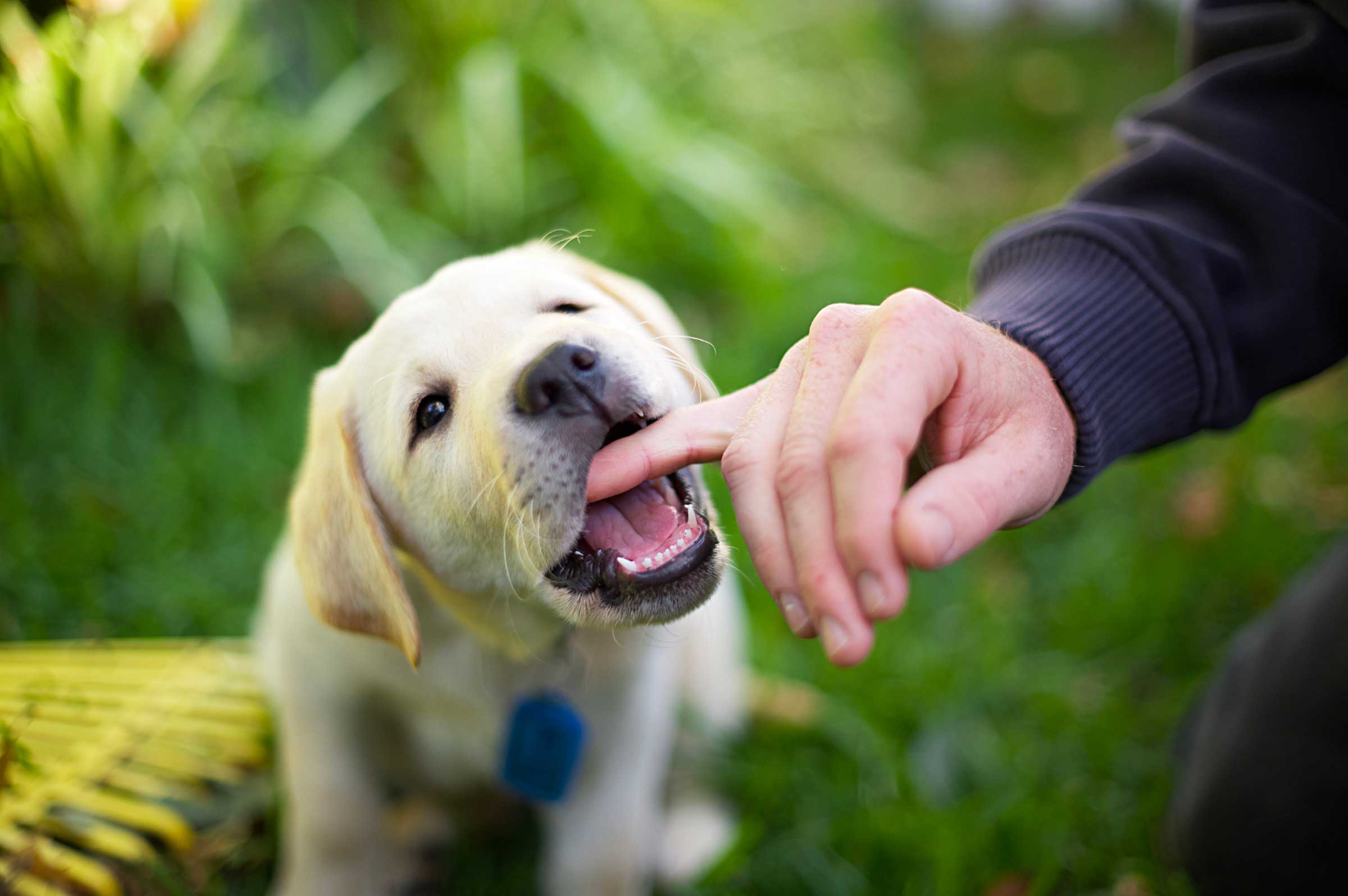Probiotics have become a popular supplement for humans, known for their benefits to digestive health and overall well-being. But did you know that probiotics can also be beneficial for our canine companions? Just like humans, dogs can experience digestive issues, and probiotics can play a significant role in promoting gut health, boosting the immune system, and improving overall health. In this article, we'll explore the benefits of probiotics for dogs and provide tips on selecting high-quality probiotic options.
What Are Probiotics?
Probiotics are live microorganisms, primarily bacteria and yeast, that provide health benefits when consumed in adequate amounts. These "good" bacteria help maintain a healthy balance of gut flora, which is essential for proper digestion and immune function. In dogs, probiotics can be especially helpful in managing gastrointestinal issues, enhancing nutrient absorption, and supporting the immune system.
Benefits of Probiotics for Dogs
- Improved Digestion: Probiotics can help regulate digestion and prevent common issues such as diarrhea, constipation, and bloating. They aid in breaking down food and absorbing nutrients more efficiently.
- Enhanced Immune System: A significant portion of the immune system resides in the gut. By maintaining a healthy balance of gut bacteria, probiotics can help strengthen the immune response, making dogs less susceptible to infections and illnesses.
- Reduced Allergies and Skin Issues: Probiotics can help reduce the severity of allergies and improve skin conditions. A healthy gut flora can decrease inflammation and promote healthier skin and coat.
- Prevention of UTIs: Probiotics can help maintain a healthy urinary tract, reducing the risk of urinary tract infections (UTIs) in dogs.
- Improved Mental Health: Emerging research suggests a connection between gut health and mental health. Probiotics may help reduce anxiety and improve behavior in dogs.
Choosing High-Quality Probiotics for Dogs
When selecting a probiotic for your dog, it's important to choose a high-quality product that contains beneficial strains and is formulated specifically for canine health. Here are some tips for selecting the best probiotics for your dog:
Strain Diversity: Look for products that contain multiple strains of probiotics, as different strains offer different benefits. A diverse probiotic profile can provide a more comprehensive approach to gut health.
CFU Count: The colony-forming unit (CFU) count indicates the number of live microorganisms in each serving. Compare supplement labels so you understand how many CFU’s your dog is getting on a per serving or per dose basis. Also keep in mind that many of the live microorganisms die off as they travel through your dog’s digestive system as they encounter stomach acids and other barriers. A higher CFU count is generally more effective, but the appropriate amount can vary depending on your dog's specific needs.
Formulation: Choose a product specifically formulated for dogs, as their digestive systems differ from humans. Probiotics designed for human consumption may not be suitable for canine use.
Quality and Safety: Opt for reputable brands like VetSmart Formulas that adhere to high manufacturing standards and provide clear information about their ingredients and CFU count. Look for products that are free from artificial additives, fillers, and unnecessary ingredients.
Delivery Method: Probiotics for dogs come in various forms, including powders, capsules, and chews. Choose a delivery method that is easy to administer and that your dog will accept willingly.
How to Incorporate Probiotics into Your Dog's Diet
Incorporating probiotics into your dog's diet is simple. Here are some tips to help you get started:
- Start Slowly: Introduce probiotics gradually to allow your dog's digestive system to adjust. Monitor your dog for any adverse reactions or changes in behavior.
- Follow the Instructions: Adhere to the recommended dosage and administration instructions provided by the manufacturer. Consistency is key to achieving the best results.
Conclusion
Probiotics can be a valuable addition to your dog's diet, promoting digestive health, boosting the immune system, and improving overall well-being. By choosing a high-quality probiotic supplement like our VetSmart Formulas Probiotic Nutrient Enhancer, and following the guidelines provided, you can help ensure your furry friend enjoys a healthier and happier life.











